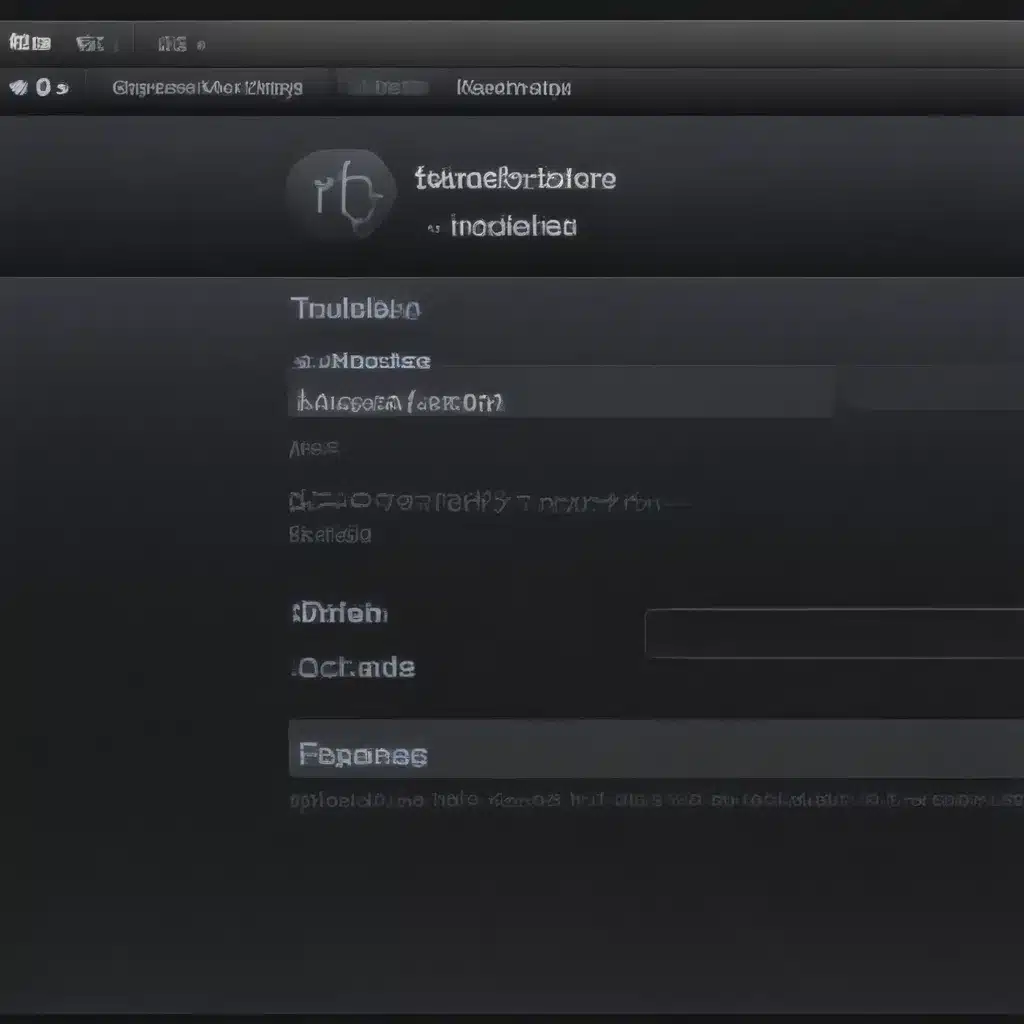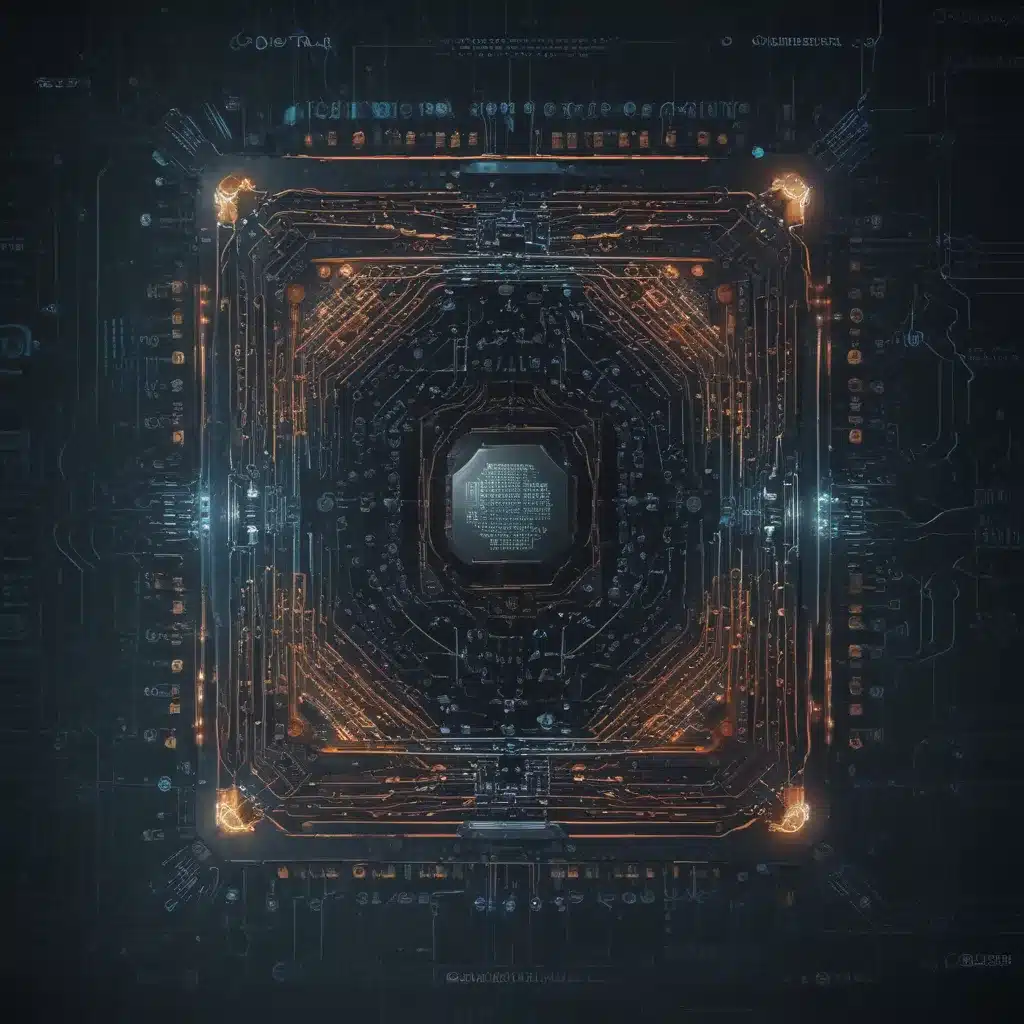Crack the Code: Programming Games for Budding Developers
Have you ever wondered what it takes to become a game developer? Or perhaps you’re a seasoned coder looking to expand your skillset? Well, buckle up, because I’m about to take you on a wild ride through the world of programming games – no prior experience required!
As someone who has been in the tech industry for a while, I can attest that the journey to becoming a skilled game developer is both exhilarating and challenging. It’s like being a secret agent, constantly cracking codes and solving puzzles to bring your virtual creations to life. But fear not, my fellow aspiring developers, I’m here to share my insights and tips to help you navigate this exciting path.
Let’s start with the basics. You might be asking yourself, “Do I really need to know advanced math to make games?” Well, the short answer is… it depends. According to the wise folks over at Reddit, [2] some game development projects may require a deeper understanding of concepts like calculus, vectors, and quaternions. But before you start hyperventilating, let me reassure you – the key is to learn these skills as you go, rather than trying to become a math prodigy overnight.
One of the best ways to approach this is to focus on mastering the fundamentals of programming first. As the brilliant minds at StackOverflow point out, [1] there are two main approaches to learning how to code: the “fast and furious” method, where you try to cram as much syntax as possible, and the “slow and steady” approach, where you prioritize understanding over speed.
Now, I know what you’re thinking – “But I want to learn fast! I don’t have time to waste!” Trust me, I get it. When I first started my coding journey, I was in the same boat. I was determined to complete tutorials and projects as quickly as possible, just to feel like I was making progress. But then came the dreaded technical interviews, where I found myself stumbling over basic concepts that I thought I had mastered.
The aha moment came when I realized that the “slow and steady” approach, while it may take longer, ultimately sets you up for long-term success. By prioritizing understanding over speed, you’ll build a solid foundation that will serve you well not only in interviews, but also in your day-to-day work as a developer.
So, how do you put this into practice? Well, my friend, let me share a few tips:
-
Choose your language wisely: When it comes to coding interviews, Python and Java are often the go-to choices, as they provide a balance of simplicity and power. [3] However, if you’re specifically interested in game development, you might want to explore languages like C++ or C#, which are commonly used in the game development industry.
-
Mastering the fundamentals: Dive deep into data structures, algorithms, and problem-solving techniques. [3] These are the building blocks of programming, and they’ll serve you well no matter what type of software you’re developing, be it games, web applications, or mobile apps.
-
Practice, practice, practice: The more coding problems you solve, the more confident and proficient you’ll become. Sites like LeetCode, HackerRank, and CodeForces are goldmines for honing your skills. [3]
-
Don’t neglect the human side: Remember, programming isn’t just about writing code – it’s also about communication, teamwork, and problem-solving. Embrace opportunities to practice your soft skills, such as explaining your thought process during interviews or collaborating with fellow developers.
Now, I know what you’re thinking – “This all sounds great, but where do I start with actually making games?” Well, my friends, that’s where the real fun begins!
One of the best ways to dip your toes into the world of game development is to explore programming games. These interactive challenges not only sharpen your coding chops but also ignite your creativity and problem-solving skills. Imagine creating your own version of Tetris or Pac-Man, where you get to be the mastermind behind the mayhem.
But before you dive in, let’s talk about the importance of understanding the fundamentals. As the wise folks over at FreeCodeCamp highlight, [3] being able to tackle algorithmic problems and demonstrate your grasp of data structures is crucial for acing those technical interviews. So, while you’re exploring the world of game development, make sure to keep those core programming concepts top of mind.
Now, where should you start? Well, the internet is a veritable treasure trove of resources for budding game developers. From online courses and tutorials to game-specific programming languages like Unity or Unreal Engine, the possibilities are endless. [4] And who knows, you might even stumble upon a hidden gem of a game jam or hackathon to really put your skills to the test.
As you navigate this exciting journey, remember to embrace the “slow and steady” approach. Sure, it might take a bit longer to get that first game out the door, but trust me, the sense of accomplishment and the invaluable skills you’ll gain along the way are more than worth it.
So, what are you waiting for? Grab your keyboard, fire up your favorite code editor, and let’s start cracking those programming game codes! The world of game development is yours for the taking, my fellow aspiring developers. [5] [6] [7] [8]













